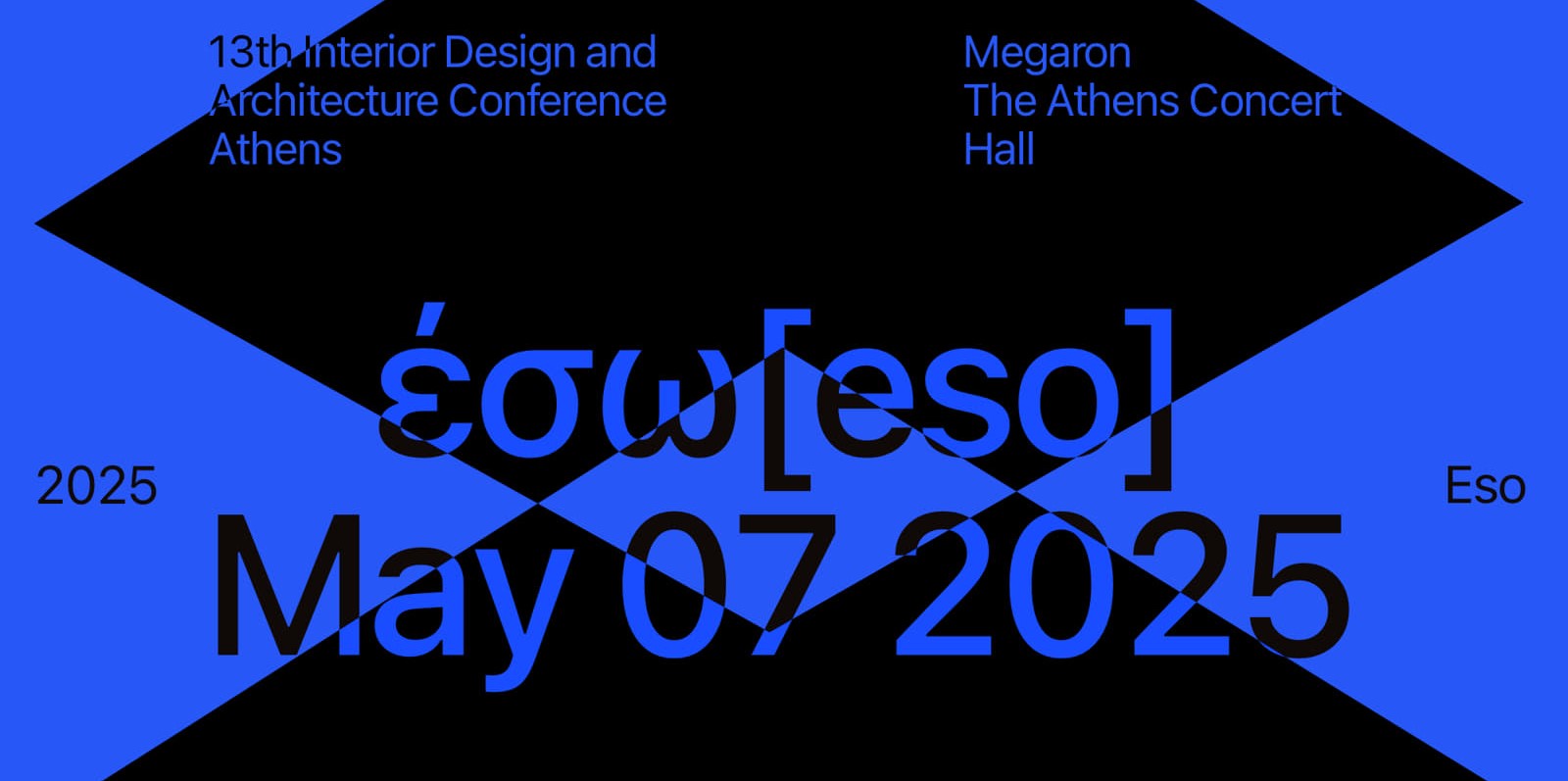“Negotiation, Not Compromise” / Design as Dialogue – Between Earth, Technology, and Humanity.
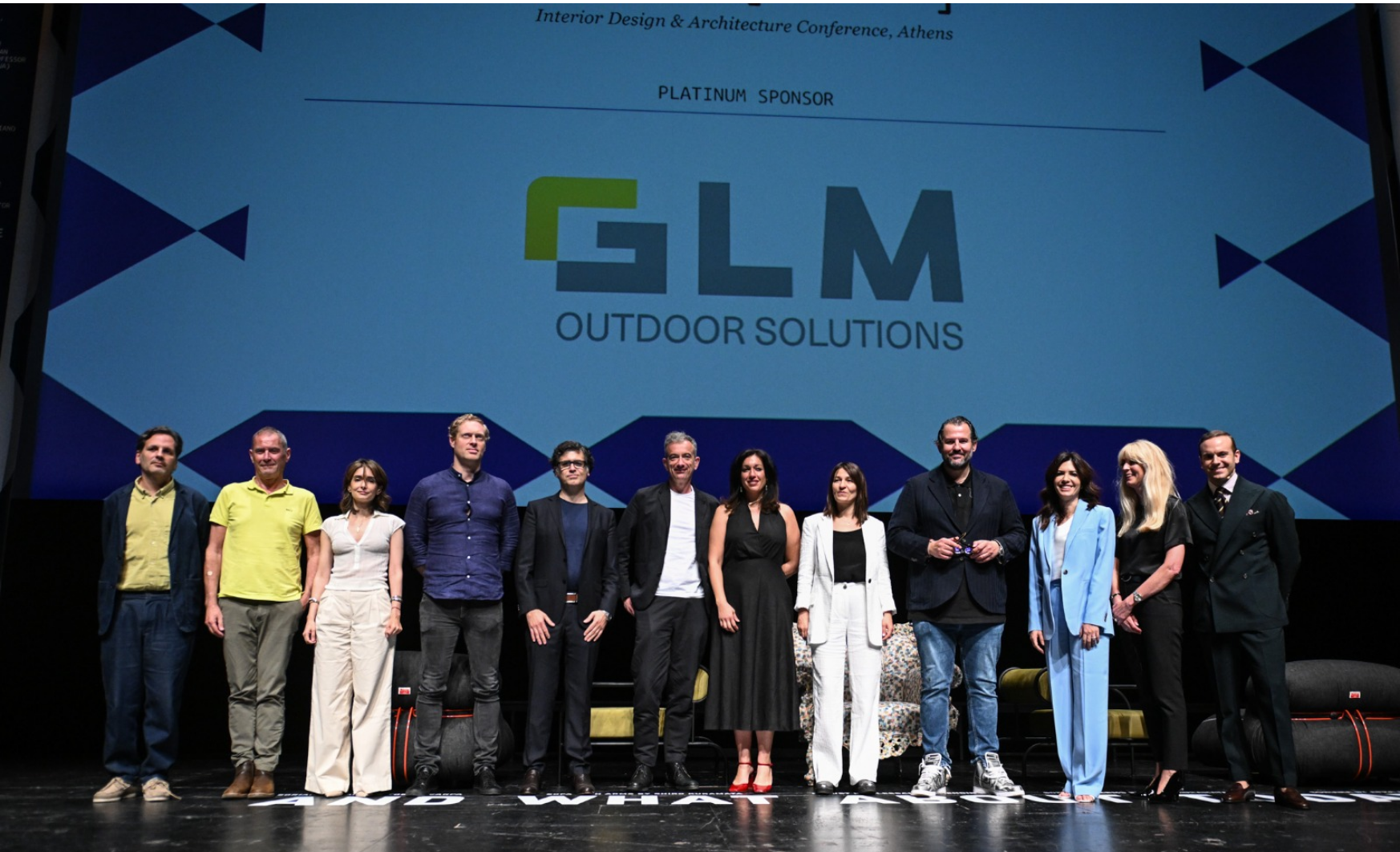
This year’s theme—“Design as Dialogue” —places architecture at the intersection of earth, technology, and humanity, insisting that great design emerges not from solitary genius but from sustained negotiation among diverse forces.

In an era of climate urgency and rapid digital advancement, the discipline must bridge ecology and economy, craft and algorithm, permanence and impermanence, and the tangible with the intangible.
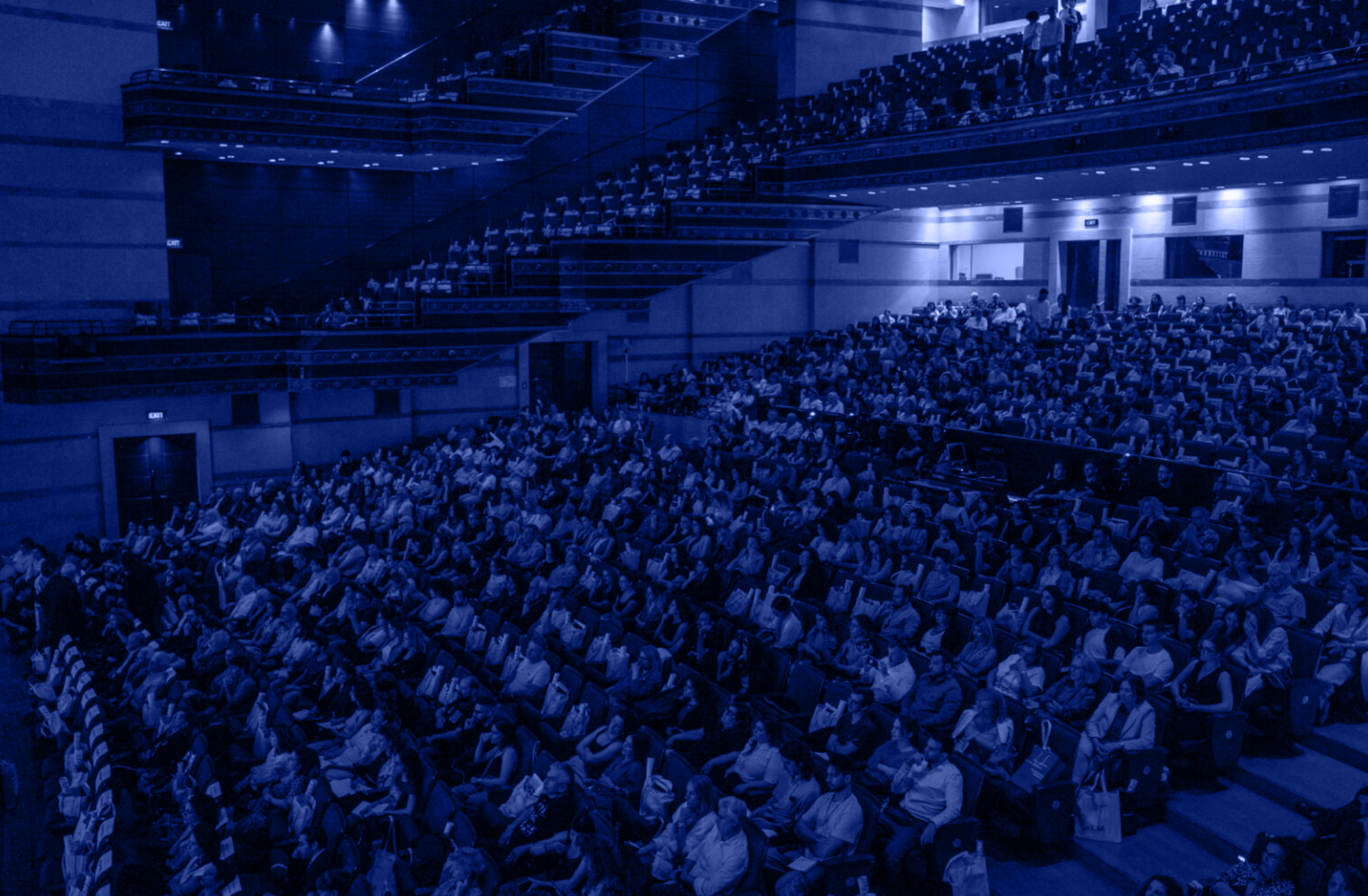
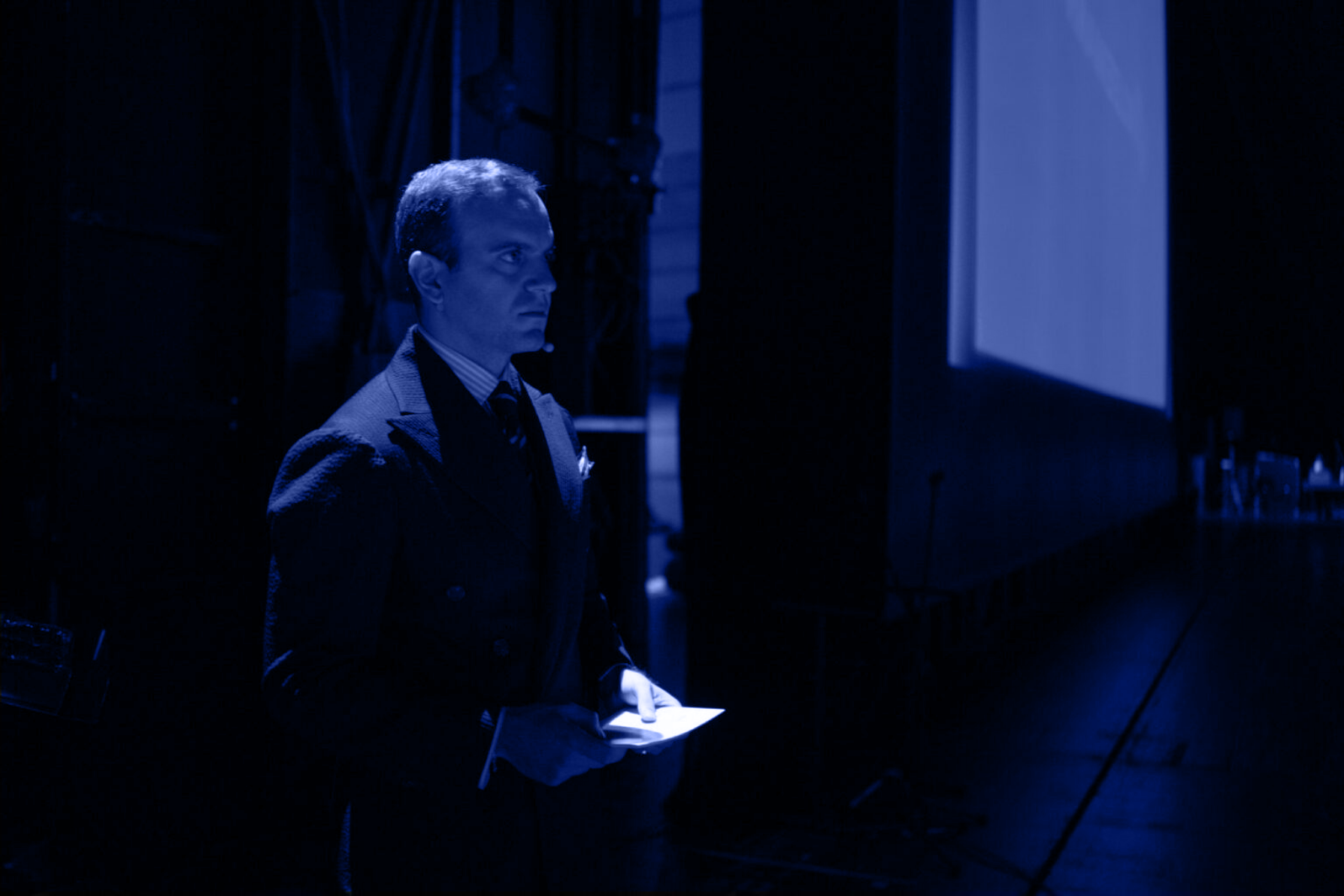
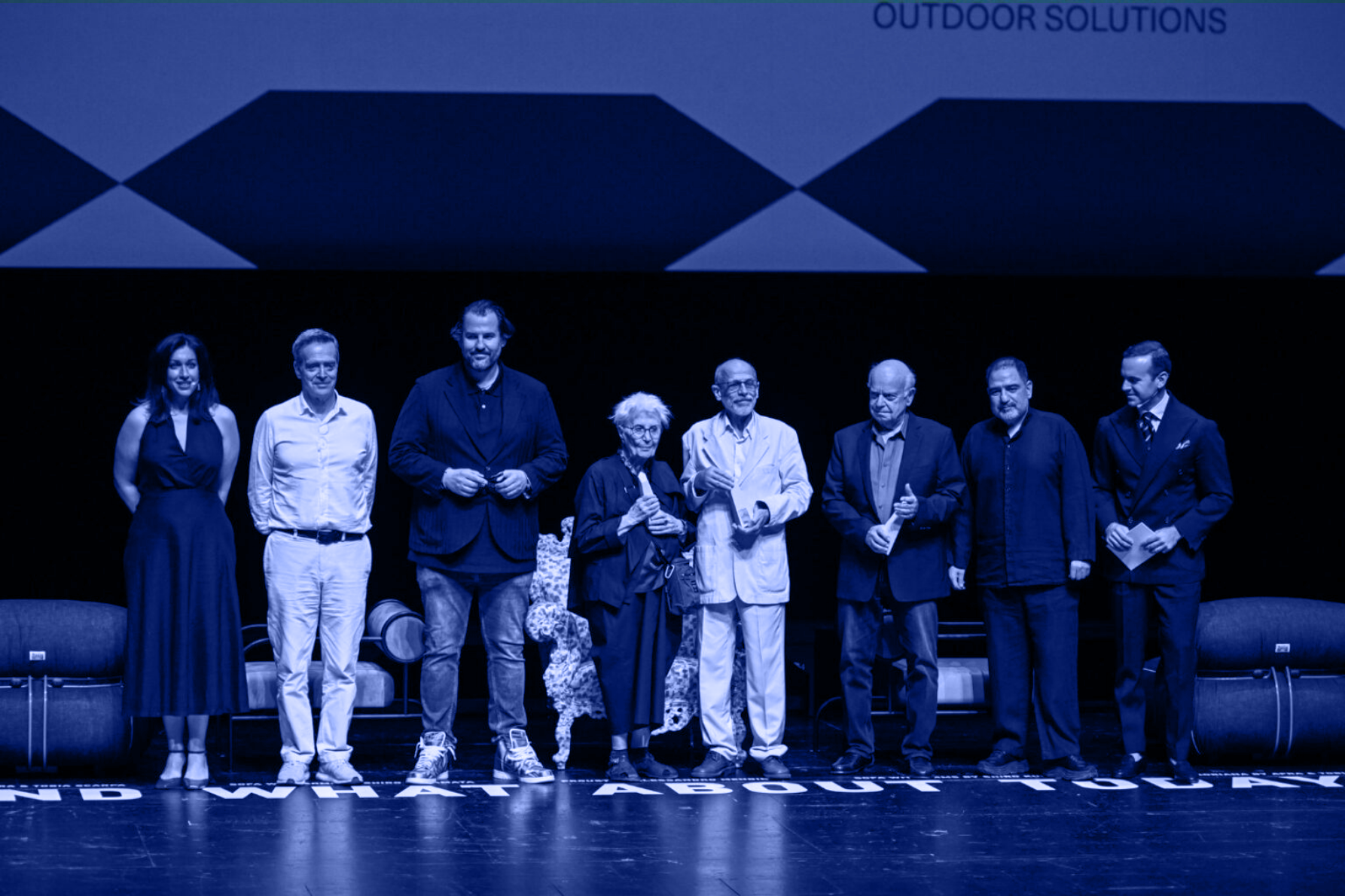
Architecture is no longer a solo performance. It is a continuous negotiation among stakeholders: clients, communities, ecosystems, builders, and the evolving tools of design. Eso Conference will foreground this dialogue, exploring how sustainable strategies can be financially viable, how cutting-edge technology can honor craft traditions, and how resilient, flexible structures can respond to changing climates and cultural contexts.
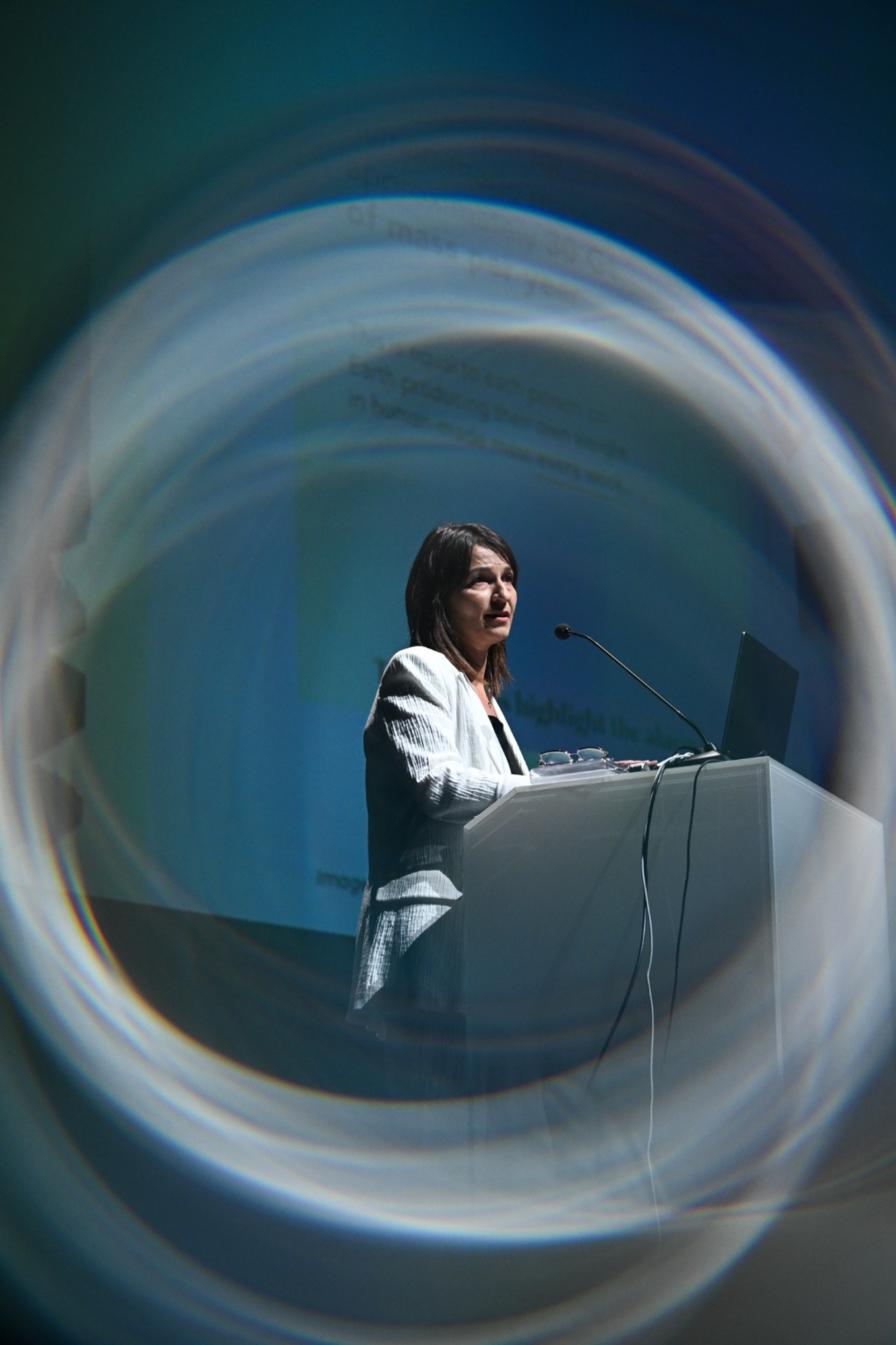
Attendees will encounter projects and perspectives that refuse binary choices—where high-performance materials meet soulful materiality, where parametric thinking respects place, and where urban development respects local memory.
Program
“Negotiation, Not Compromise” / Design as Dialogue – Between Earth,
Technology, and Humanity.
Architecture is no longer about singular visions or static solutions.
It’s about negotiating – between ecology and economy, technology and
craft, permanence and impermanence, digital and natural, human and
non-human systems.
16:00-16:30
CONFERENCE WELCOME
Danai Makri - Head of strategy & content, Design Ambassador
Nikolas Barelier - Architect, Designer, Founder of SCALA di Barelier
16:30-16:55
DISCUSSION PANELS
CONCRETE IN ARCHITECTURE
Elina Zenetou
Dora Theodoropoulou
Evangelia Theodoropoulou
Yorgos Tzirtzilakis
Danai Makri
16:55-17:10
IN CONVERSATION
CONCRETE IN ARCHITECTURE
Christoforos Voulgaris, Interbeton - Titan Cement
Danai Makri, Design Ambassador
17:10-17:46
GREEK SPEAKERS
Ourania Pikramenou, Deplot Architects
Eleni Tsigarida, Etsi Architects
Loukas Bobotis, Bobotis + Bobotis
17:46-18:04
Caroline Bos, Co Founder Of Un Studio Un Studio
18:04-18:29
LIFETIME ACHIEVEMENT AWARDS 2026
Andreas Kourkoulas, Kokkinou - Kourkoulas Architects
Dimitris Korres, Korres Engineering
Leda Papakonstantinou, Artist
18:30-19:00
BREAK
19:00-19:12
Maria Deda, Deda Architects
19:12-19:32
Beat Huesler, Oppenheim Architecture
19:32-19:52
Winny Maas, MVRDV
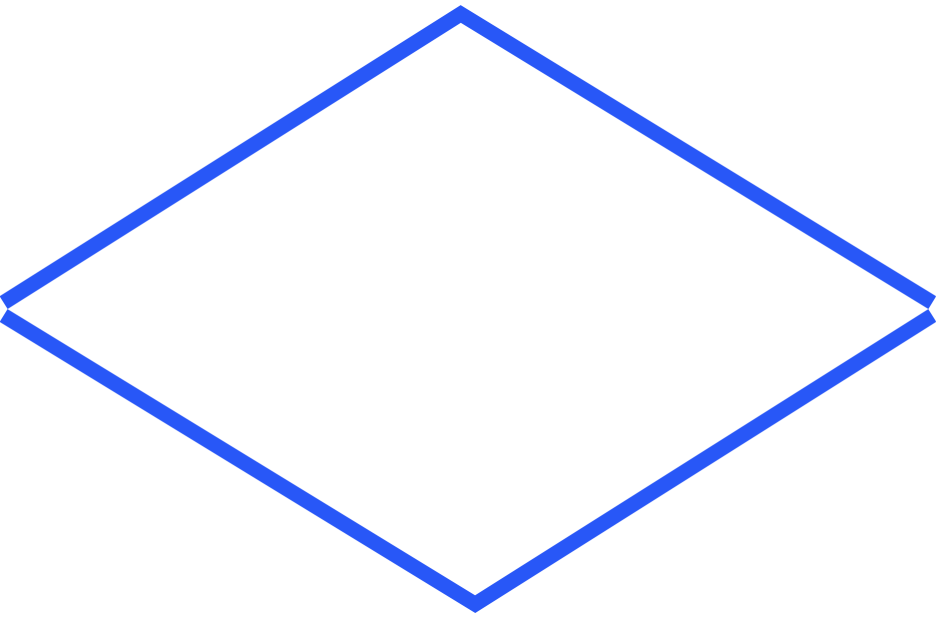





Since 2013, ESO has been an annual conference dedicated to exploring contemporary trends in architecture, art, and design. For 12 consecutive years, ESO has promoted dialogue and innovation through lectures, presentations, and discussions with globally renowned speakers, bridging tradition with modern technology,new construction methods & design philosophies.
ESO is hosted by ARCHISEARCH.GR, a platform that investigates, selects, and presents projects addressing various aspects of architecture worldwide.If you wish to support and become a sponsor, please contact us at contact@archisearch.gr
έσω[eso]
©2026 All Rights Reserved
Privacy Policy
Cookies Policy
Credits
Curated By:
The Design Ambassador
Design & Development:
Dimitris Vanis & Boxadvertising
